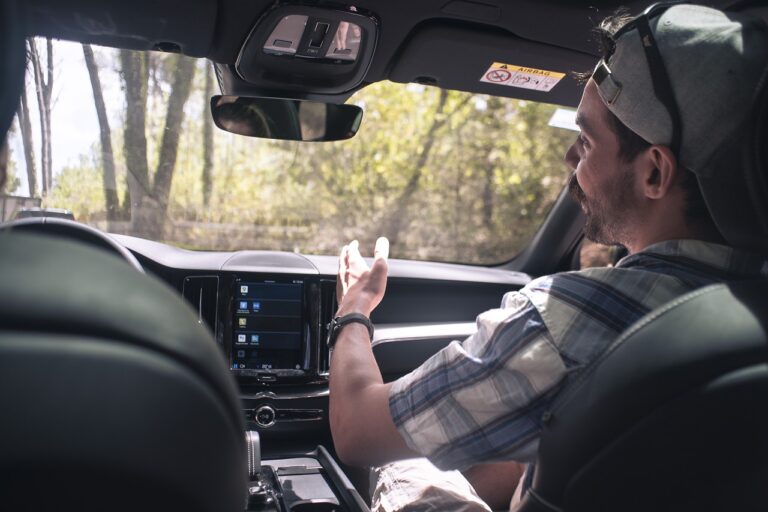Reliability Testing of Vehicle Automatic Parking Systems: Laser book, Silverexch, 11xplay reddy login
laser book, silverexch, 11xplay reddy login: Reliability Testing of Vehicle Automatic Parking Systems
Have you ever been driving around a busy city, desperately searching for a parking spot to no avail? If so, you may have considered investing in a vehicle with automatic parking capabilities. These systems are designed to help drivers effortlessly navigate through tight spaces and parallel park with ease. However, before trusting your vehicle to park itself, it’s crucial to ensure that the automatic parking system is reliable and safe. This is where reliability testing comes into play.
Reliability testing is essential for ensuring that automatic parking systems function correctly in various situations and environments. Manufacturers conduct rigorous testing to validate the accuracy and effectiveness of these systems, giving drivers peace of mind that their vehicle can park itself safely and efficiently.
Here are some key aspects of reliability testing for vehicle automatic parking systems:
1. Sensor Accuracy:
One of the most critical components of automatic parking systems is the sensors that detect obstacles around the vehicle. Reliability testing ensures that these sensors accurately identify objects and provide precise measurements to guide the parking process.
2. Maneuvering Capability:
Reliability testing evaluates the vehicle’s ability to maneuver into parking spaces of different sizes and shapes. This testing helps determine if the automatic parking system can handle various parking scenarios without any glitches or errors.
3. Safety Features:
Automatic parking systems must prioritize safety, both for the driver and pedestrians. Reliability testing involves assessing safety features such as emergency braking, collision avoidance, and obstacle detection to prevent accidents during the parking process.
4. Environmental Adaptability:
Automatic parking systems should be able to function effectively in different weather conditions and lighting environments. Reliability testing ensures that the system can adapt to changing surroundings and continue to operate flawlessly.
5. User-Friendliness:
Reliability testing also evaluates the user interface of the automatic parking system to ensure that it is intuitive and easy to use. Drivers should be able to activate the system effortlessly and monitor the parking process without any confusion.
6. Performance Consistency:
Finally, reliability testing assesses the overall performance consistency of the automatic parking system. Manufacturers need to ensure that the system delivers the same level of accuracy and efficiency over time, without any degradation in functionality.
FAQs:
Q: Are automatic parking systems reliable in all parking scenarios?
A: While automatic parking systems are designed to handle various parking situations, there may be limitations in certain challenging environments. Drivers should always remain attentive and ready to take control if necessary.
Q: Can automatic parking systems prevent all accidents?
A: Automatic parking systems can help reduce the risk of accidents during parking maneuvers, but they are not foolproof. Drivers should always exercise caution and follow safety guidelines when using these systems.
In conclusion, reliability testing plays a crucial role in ensuring the effectiveness and safety of vehicle automatic parking systems. By undergoing rigorous testing, manufacturers can instill confidence in drivers and promote the widespread adoption of this innovative technology. Stay tuned for more insights on the latest advancements in automotive technology.







